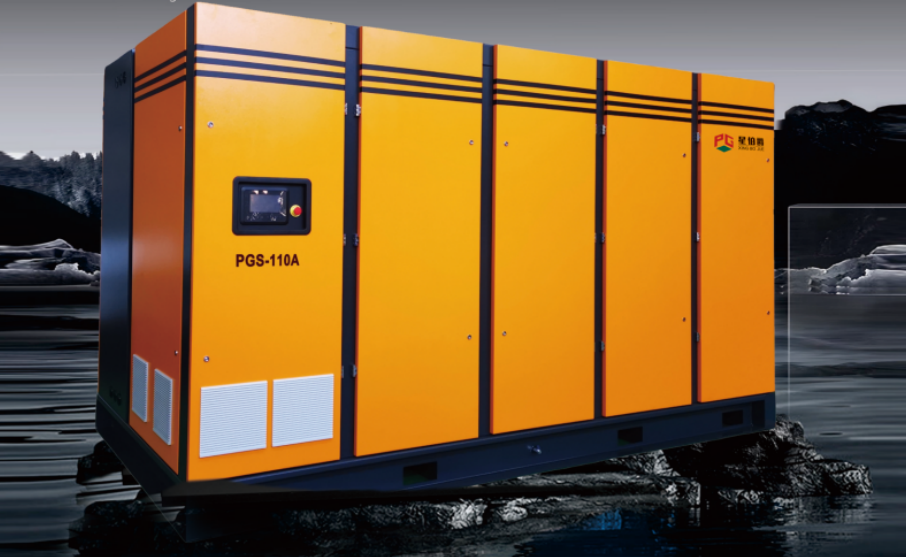Choosing a suitable compressor requires considering multiple factors, and the following are some main suggestions:

Gas demand: Select the appropriate compressor based on the production demand. Generally speaking, the larger the gas demand, the greater the required compressor power. At the same time, if the usage during low periods is large, while the usual usage and peak usage are not large, the usual practice in foreign countries is to use compressors with smaller displacement in parallel to achieve larger displacement, and start them one by one as the gas consumption increases. This not only benefits the power grid, but also saves energy sources.
Pressure requirements: Select an appropriate pressure range according to the production process requirements. Generally speaking, the higher the pressure, the greater the required compressor power.
Environmental conditions: Choose a suitable compressor based on the usage environment, such as temperature, humidity, altitude, and other factors that can affect the performance of the compressor. For example, if there are long-distance changes in the usage situation (over 300-500 meters), a mobile compressor should be considered; If the power cannot be supplied in the intended use, a diesel engine driven type should be chosen; If there is no tap water in the usage area, it is necessary to choose air-cooled.
Compressed air quality: If compressed air needs to be free of oil and water, then it is necessary to choose a non lubricated compressor or add auxiliary devices to remove oil and water.
Energy efficiency and energy-saving: Choosing compressors with higher energy efficiency can reduce energy consumption and save production costs.
Maintenance and upkeep: Choosing a compressor that is good, reliable in quality, and easy to maintain can reduce maintenance costs and extend its service life.
Compressor type: Select the appropriate compressor type according to the application situation, such as piston compressor, screw compressor, centrifugal compressor, etc. For example, screw compressors are mainly used in large commercial and industrial systems; Reciprocating compressors are generally used in small and medium-sized commercial refrigeration systems.
Compressor performance parameters: Consider the volume, flow rate, suction pressure, exhaust pressure, working efficiency, input power, output power, performance coefficient, noise and other parameters of the compressor to ensure that it meets application requirements.
Afterwards, it is recommended to conduct thorough research and comparison before making a choice, and choose a compressor that suits your production needs. At the same time, relevant technical personnel can also be consulted for their opinions to obtain more accurate suggestions.

